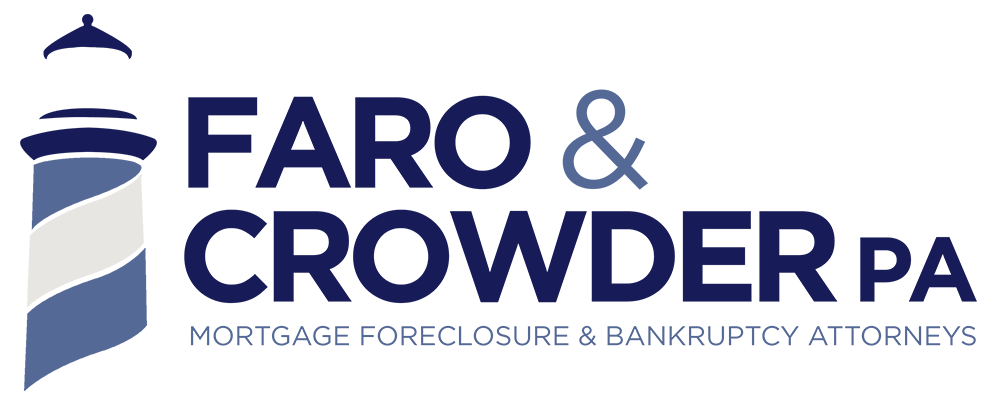A type of bankruptcy called Chapter 7 is intended for people and corporations who are unable to pay their debts. It is also referred to as a “liquidation bankruptcy” since the bankruptcy trustee sells the debtor’s assets to pay off their creditors. The fundamentals of Chapter 7 bankruptcy, including what it is, how it operates, and who can file, will be covered in this blog post.
What is Chapter 7 Bankruptcy?
Chapter 7 bankruptcy is a legal process that enables people and organizations to get rid of their obligations and get a fresh start. A bankruptcy trustee is chosen under Chapter 7 to supervise the liquidation of the debtor’s assets, which are then applied to satisfying creditors. Any outstanding debt is discharged, which means the debtor is no longer obligated to make payments on it
How Does Chapter 7 Bankruptcy Work?
The debtor files a petition with the bankruptcy court in their area to start a Chapter 7 bankruptcy. Along with a list of their creditors and any unpaid obligations, the debtor is required to disclose information about their assets, debts, income, and spending. An automatic stay is put into place when the petition is filed, preventing creditors from pursuing the debtor for payment.
The assets of the debtor are sold under the supervision of a bankruptcy trustee. The trustee will examine the debtor’s assets to identify those that are exempt (i.e., cannot be sold) and those that are non-exempt (i.e., can be sold to satisfy the debtor’s creditors).
The profits from the sale of the non-exempt assets will subsequently be divided among the debtor’s creditors by the trustee. Any outstanding debt is discharged, indicating the debtor is no longer obligated to make payments on it.
Who is Eligible for Chapter 7 Bankruptcy?
Corporations, partnerships, and individuals can declare bankruptcy under Chapter 7. But not everybody qualifies. The “means test,” a formula that assesses if the debtor’s income is below the median income for their state, must be passed in order for the debtor to be eligible for Chapter 7. If the debtor can show that they do not have enough disposable income to pay down their debts despite having a salary that is higher than the median income, they may still be qualified for Chapter 7.
It is significant to note that certain debts, such as some tax debts, student loans, and child support obligations, cannot be erased under Chapter 7 bankruptcy.
Contact Faro & Crowder, PA for more information
Chapter 7 bankruptcy is an effective option for people and companies who are having financial problems. It may not be the best option for everyone, but for those who qualify, it might offer a new beginning. If Chapter 7 bankruptcy is something you’re thinking about, you should speak with a bankruptcy lawyer at Faro & Crowder ,PA today to see if it’s the best option for your financial position.
